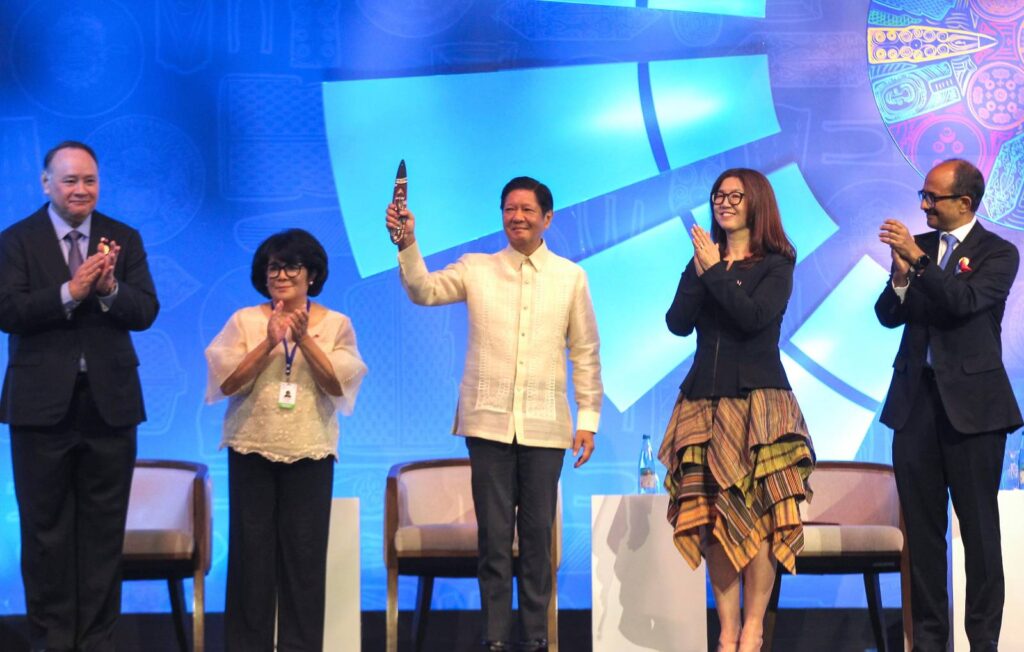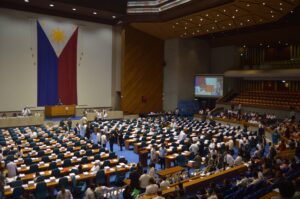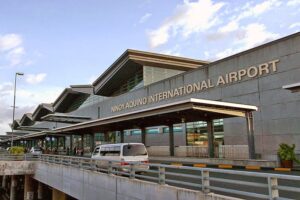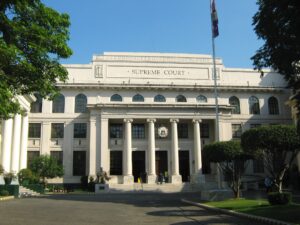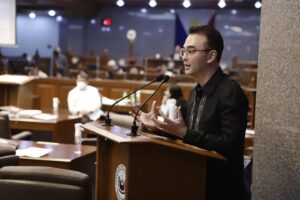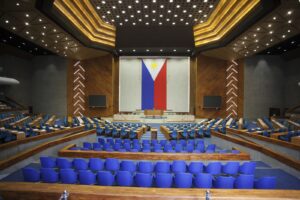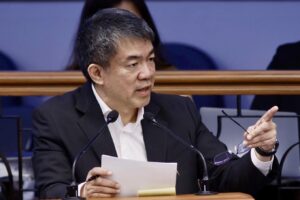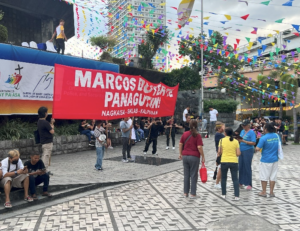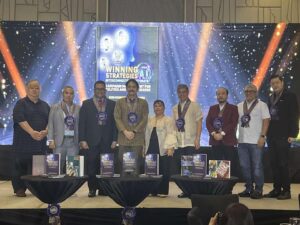In the face of drastic climate challenges, President Ferdinand Marcos Jr. called for a safer, inclusive, adaptive, and disaster-resilient future.
Marcos Jr. made the call as he led the opening ceremony of the two-day 2024 Asia-Pacific Ministerial Conference on Disaster Risk Reduction (APMCDRR) in Pasay City on Tuesday.
In his speech, the President expressed the need to strive more to “create a future where the need for recovery” from disasters “becomes less frequent.”
He said the APMCDRR will enhance and synchronize the efforts to accelerate the implementation of the Sendai Framework for Disaster Risk Reduction 2015-2030. This has provided the international community with critical guidance in addressing challenges and reducing disaster risks.
“It also remains crucial to align our goals under this framework with the 2030 Sustainable Development Goals, the United Nations Framework Convention on Climate Change, and the Paris Agreement,” according to him.
“We must harmonize our approaches and pursue meaningful actions under these mandates to secure a sustainable and climate-resilient future.”
Marcos Jr. highlighted that this year’s theme, “Surge to 2030: Enhancing Ambition in Asia-Pacific to Accelerate Disaster Risk Reduction,” involves steps, including enforcement of green and blue bond guidelines, which is crucial for sustainable growth.
This also involves the increased investments and better financing to address risks, noting that developing and least-developed countries must have greater access to these resources.
The Philippines as a climate champion humbly accepts the role as steward of the Board of the Fund for responding to Loss and Damage, the President said.
“We are hopeful for a Fund that will benefit climate vulnerable countries, many of whom are in our region,” he said.
The Chief Executive also stressed the importance of inclusivity and empowerment for vulnerable groups, such as women and girls, children, LGBTQIA+, persons with disabilities, the elderly, indigenous peoples, and marginalized communities by addressing their needs and ensure that “every voice is heard and that every person is empowered to contribute to disaster risk reduction efforts.”
He also recognized climate change’s impact on human displacement, noting the Philippines’ ongoing efforts to empower local authorities and collaborate with the youth in implementing nature-based and ecosystem-centered solutions.
Marcos Jr. likewise emphasized the need for innovation, collaboration, and private sector engagement to establish effective disaster risk reduction policies.
He called on involved countries to advocate for stronger international legal frameworks to guide disaster prevention and response.
“The Philippines is proud to lead the initiative toward developing an international legal instrument for the Protection of Persons in the Event of Disasters,” he said.
Before concluding his speech, the President underscored the opportunity of the conference to send a global message that the “Asia-Pacific is not only prepared to overcome the trials of tomorrow” but “also ready to lead in disaster risk reduction and climate action.”
“This endeavor aims to fill critical gaps in international disaster response laws, uphold the rights and dignity of affected persons, establish clearer obligations, and enhance humanitarian coordination,” he said.
The Philippines hosted 2024 APMCDRR in partnership with the United Nations Office for Disaster Risk Reduction, with the conference taking place from October 14 to 18, 2024.

